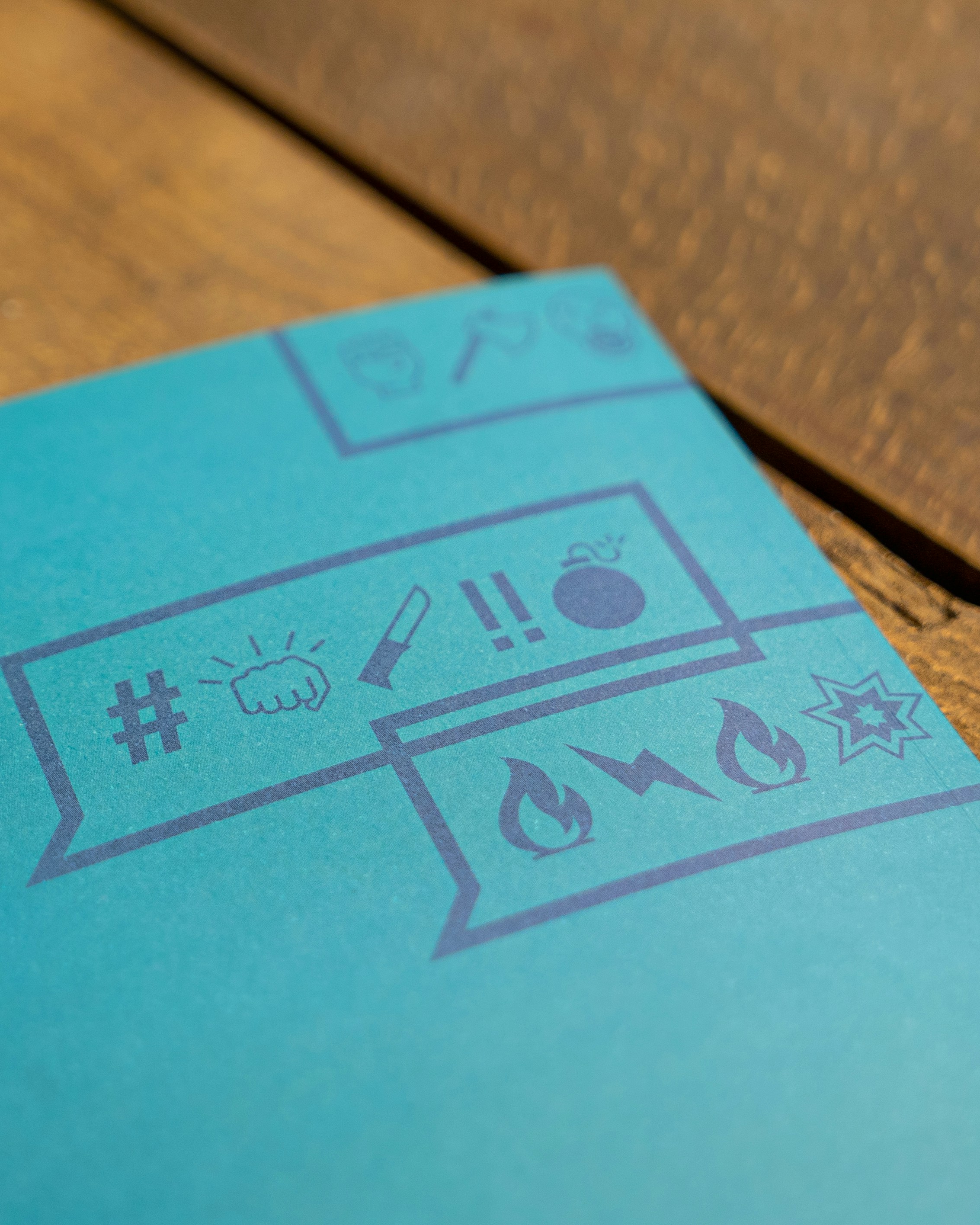From Pixels to People: How Video Games Taught Me to Connect
Published on October 2, 2024
From Pixels to People How Video Games Taught Me to Connect

Growing up, I was the quintessential introvert. My idea of a perfect weekend was curling up with a good book or losing myself in the pixelated worlds of video games. Little did I know that these digital adventures would become the unlikely catalyst for my journey towards better communication and stronger relationships.
It all started with a multiplayer game called "Cooperative Chaos." The premise was simple: work together or fail spectacularly. At first, I approached it like any other game, focusing solely on my character and my objectives. The results were... less than stellar.
After a particularly disastrous round, a teammate reached out via chat. "Hey, want to hop on voice chat? It might help us coordinate better." I hesitated, my finger hovering over the decline button. But something made me accept.
That decision changed everything. Suddenly, the pixelated avatars on my screen had voices, personalities, and stories. We laughed at our failures, celebrated our victories, and slowly but surely, began to work as a true team.
The Unexpected Lessons
- Active Listening: In the heat of virtual battle, clear communication became crucial. I learned to listen intently, process information quickly, and respond effectively.
- Empathy: Understanding my teammates' perspectives and challenges helped me become a better player and a more supportive friend.
- Conflict Resolution: Disagreements over strategy were inevitable. Gaming taught me to address conflicts constructively and find compromises.
- Patience: Not everyone learns at the same pace. I discovered the value of patience and the joy of helping others improve.
As I applied these lessons to my real-life interactions, I noticed a shift. Conversations became easier, friendships deeper, and family dynamics more harmonious. The skills I honed in the virtual world were transforming my relationships in the real one.
Bridging Generational Gaps
Perhaps the most unexpected outcome was how gaming helped me connect with my parents. Initially skeptical of my "waste of time" hobby, they became curious about the positive changes they saw in me.
One day, I invited them to try a simple cooperative game. Watching my usually reserved father laugh as he figured out the controls, and seeing my mother's triumphant smile when we completed a level together, was nothing short of magical.
Gaming became a bridge, a common ground where we could meet, laugh, and learn about each other in new ways. It opened up conversations about teamwork, problem-solving, and even their own childhoods.
The Power of Shared Experiences
What I've come to realize is that the medium doesn't matter as much as the shared experience. Whether it's video games, board games, sports, or any other activity, the key is finding something that allows you to interact, communicate, and create memories together.
For families struggling to connect, especially across generational or cultural divides, I encourage you to keep an open mind. The activity that brings you closer might be something unexpected, even something you initially dismissed.
In our increasingly digital world, it's easy to view technology as a barrier to genuine connection. But my journey has shown me that with the right approach, even the most unlikely tools can become powerful instruments for building stronger, more understanding relationships.
So the next time you see someone engrossed in a video game, remember: they might just be learning valuable lessons about communication, teamwork, and empathy. And who knows? Those skills might be the key to unlocking deeper connections in their real-world relationships.
If you're looking for more ways to improve family communication and strengthen bonds, consider trying Thinker, an AI-powered tool designed to enhance relationships and provide support for mental well-being. It might just be the game-changer your family needs.


